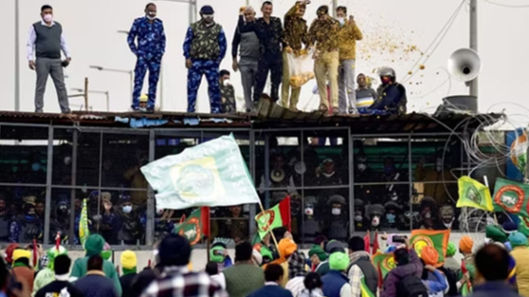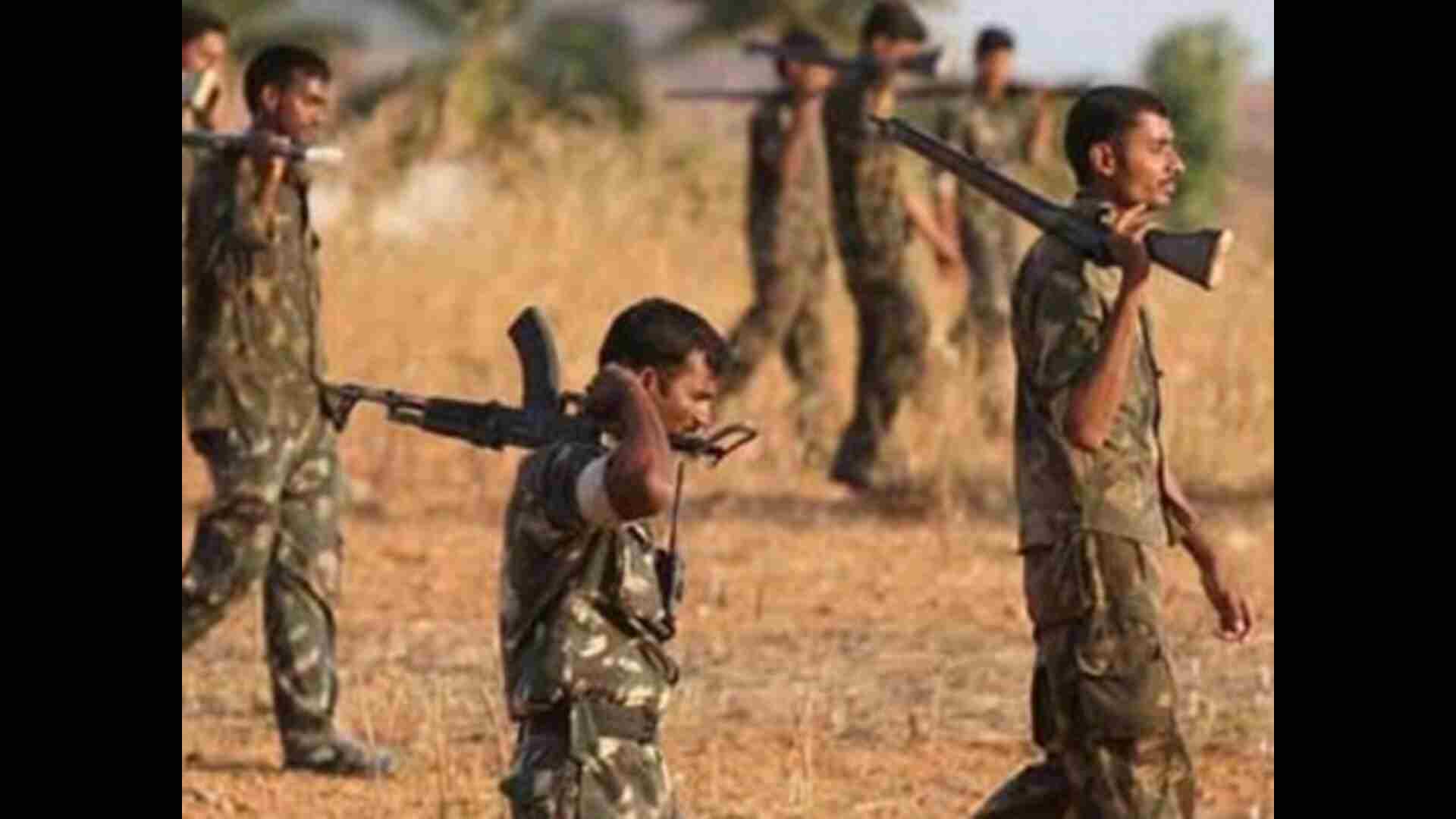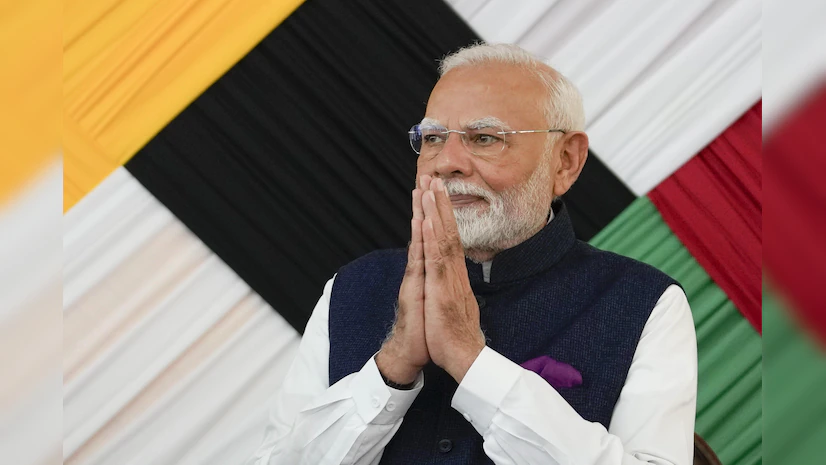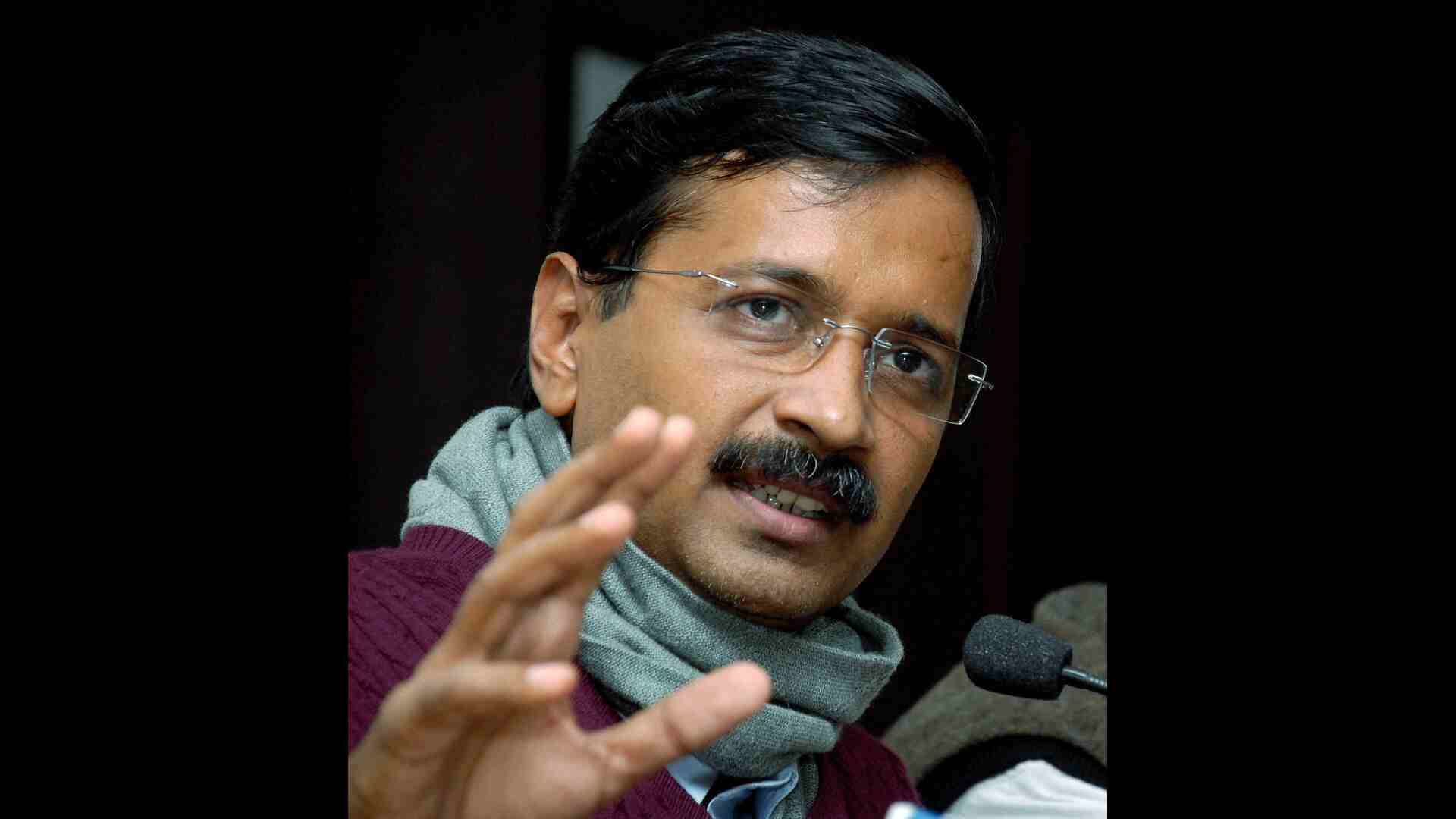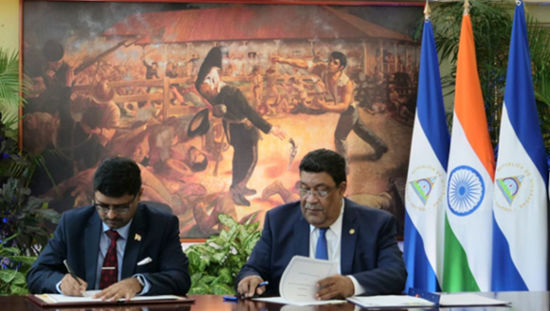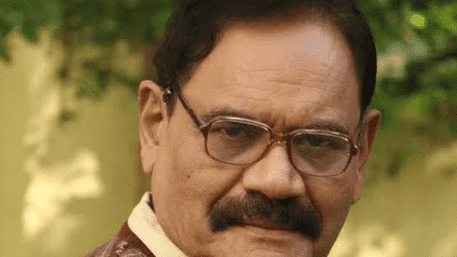The Supreme Court dismissed a plea asking the Centre and others to remove blockades by farmers on highways in Punjab on Monday. The bench, led by Justice Surya Kant, heard the case but decided not to intervene.
Plea from Social Activist
The plea was filed by a Punjab-based social activist. The petitioner requested that the Centre take action to clear the blockades and ensure that national highways and railway tracks remain open. The petition argued that the protests, which have blocked roads and railways, are severely disrupting daily life.
Farmers’ Ongoing Protests in Punjab
Farmers have been protesting at the Shambhu and Khanauri border points between Punjab and Haryana since February 13. The protests started after security forces halted their march to Delhi. Initially, the farmers planned to march to Delhi on December 6, but police action, including tear gas, forced them to suspend their efforts. The protest resumed on December 8, but the march was stopped again due to the same issue.
National Security Concerns
The petition raised concerns about national security, claiming the blockades at the Shambhu entry point and other locations across Punjab pose a serious risk. It was argued that the blockages hinder the movement of the Indian Army towards northern borders, which could compromise national defense.
Public Distress and Medical Emergencies
The petition highlighted the hardships faced by people in Punjab and nearby states. With highways blocked, people are unable to reach hospitals in emergencies, and even ambulances are being stopped. This has made it difficult for residents to access essential services.
Violation of Fundamental Rights
The petition emphasized that the blockage of highways violates citizens’ fundamental right to free movement. It also suggested that external forces may be using the farmers’ unions to destabilize Punjab. The plea pointed out that Punjab holds a vital position in India’s defense and has historically been a target of external threats.

